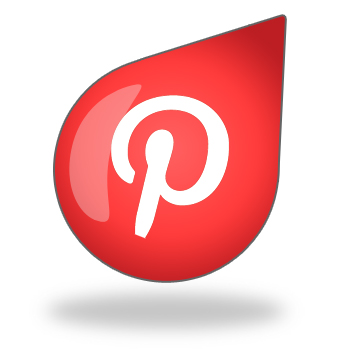Pinterest and B2C marketing are a match made in heaven if brands find a way to display their products and services in an inspiring way. However, marketers may not necessarily see engagement spike simply by creating a company Page on Pinterest and populating it with pretty pictures. To move the ROI needle, many businesses launch contests that ask followers to create boards and Pin images around a certain theme like spring fashion trends or Halloween makeup ideas. However, Pinterest recently announced new guidelines that suggest companies are using spammy practices to get ahead at followers’ expense.
New rule: Don’t obstruct authenticity
Worried that some brands create campaigns to twist participants’ arms into sharing proprietary pictures and artificially stoke engagement, Pinterest updated its Acceptable Use Policy regarding contests. The Pinterest for Business Page outlines the revisions, which challenge marketers to discontinue any promotions that are purely self-serving and do not enhance users’ experience on the site.
Moving forward, Pinterest will be on the lookout for – and prohibit – contests that:
– Require participants to meet a minimum number of Pins
– Restrict eligible social content to only branded Pins (or any other limited selection, for that matter)
– Ask participants to vote with Pins, likes or boards
– Demand participants pin the contest rules
– Ask people to comment or engage in any other forced behavior that isn’t genuine participation
– Use Pins, boards, likes or follow requests as sweepstakes entries
– Suggest Pinterest supports or endorses the campaign
These updates force marketers to rethink the motivations behind their Pinterest strategies. A contest can be an effective tactic to boost follower counts and help brands secure more leads, but promotional tactics may not be a sustainable source of ROI if users aren’t the ultimate beneficiaries.
Pinterest juggles brands and users’ best interests

Although Pinterest recently introduced sponsored ads to its platform and seems to want to tap into its commercial potential, it balances those ambitions with its identity as a forum for sharing inspiring, informative or eye-catching images. For instance, users now receive email notifications when companies lower the prices of products they have pinned.
However, brands are warned to maintain the visual integrity of any product image they share. To walk the fine line between promoting products and authentic sharing, Pinterest may continue to patrol brands’ participation and crack down on practices that go against this standard.




